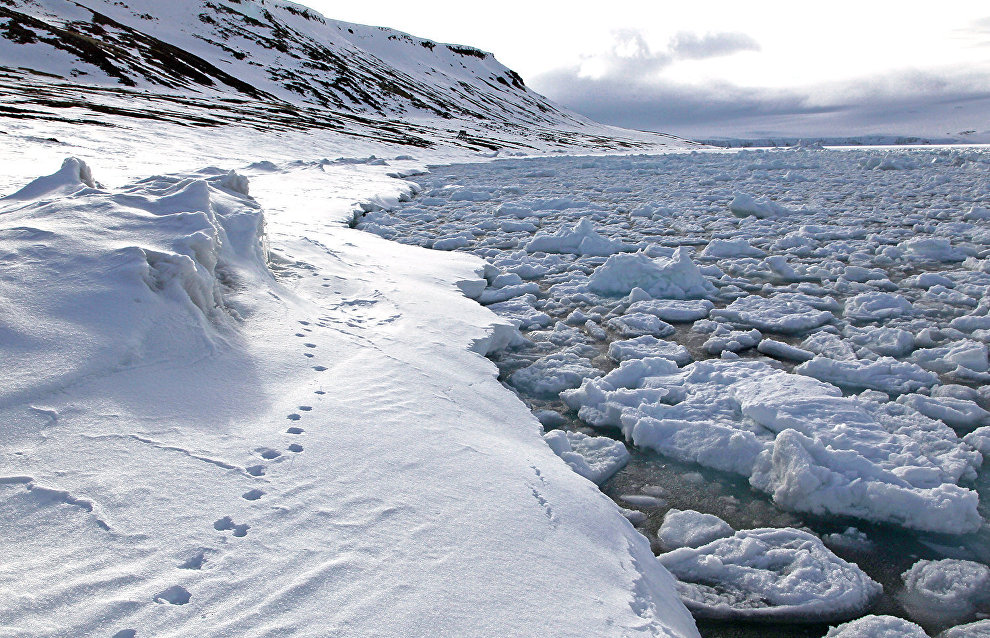Researcher fears ice melting along Northern Sea Route might cause water shortages in southern Russia
An ice-free Northern Sea Route can boost economic growth in northern Russia, yet simultaneously cause a water and forest deficit in the south, said Antonio Navarra, Director of the Euro-Mediterranean Center on Climate Change (CMCC, Italy), RIA Novosti reported.
"When the average temperature on Earth rises by two degrees, this will cause ice to melt along the southern borders of the Arctic. Consequently, the Northern Sea Route will become ice-free," Navarra told reporters during a conference on climate change in the Asia-Pacific region at the Far Eastern Federal University. In that case, he added, a significantly shorter time will be needed to ship goods from China to North European ports.
"Therefore, it is our duty today to ensure that the development of the Arctic does not destroy the Arctic but preserve it for future generations," the researcher said.
The average temperature has already risen by 0.8 degrees and if carbon dioxide emissions into the atmosphere remain at the current level that they are, the temperature will still rise by another 0.8 degrees. This rate of increase will directly depend on the amount of greenhouse gases released into the atmosphere.
"The consequences are unpredictable. They can be positive for northern Russia but highly negative for the southern Russian regions where they might cause a water and forest deficit. This might lead to instability on the border," Navarra fears.
Between October 24-26, the Far Eastern Federal University is hosting a large-scale forum on climate change in the Asia-Pacific region, with leading researchers from Russia, Italy, China, South Korea, Finland and the Netherlands taking part.
